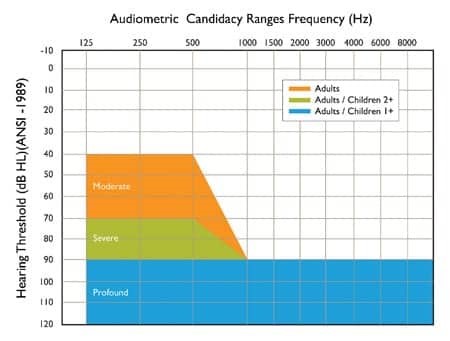
Cochlear implants are medical devices designed to provide a sense of sound to individuals with severe to profound hearing loss who do not benefit significantly from traditional hearing aids. Candidacy for a cochlear implant is determined through a comprehensive evaluation by a team of medical professionals, which usually includes an otologist, audiologist, speech-language pathologist, and sometimes a psychologist. The specific candidacy criteria can vary slightly based on individual factors and regional healthcare practices, but generally, the following factors are considered when determining if someone is a candidate for a cochlear implant:
- Degree of Hearing Loss: Candidates typically have severe to profound sensorineural hearing loss in both ears. This means that they have significant difficulty understanding speech even with the use of powerful hearing aids.
- Limited Benefit from Hearing Aids: Candidates should demonstrate limited or no benefit from traditional hearing aids. This might be assessed through speech perception tests while using hearing aids.
- Health Status: A candidate's overall health should be evaluated to ensure they can undergo the surgical procedure safely. Certain medical conditions might need to be addressed before implantation.
- Age: Cochlear implants can be performed on both children and adults. Children may receive implants as young as 12 months old, while adults can be candidates as well. Age is a factor because early implantation in children is crucial for optimal speech and language development.
- Communication Needs and Goals: The candidate's communication needs and goals are assessed. This includes their desire to improve communication and willingness to commit to post-implant rehabilitation, which is a crucial part of achieving successful outcomes.
- Psychosocial Considerations: Psychological and social factors are considered to ensure that the candidate and their support network are prepared for the emotional and lifestyle changes associated with the cochlear implant journey.
- Anatomy of the Cochlea: Imaging studies, such as a CT scan or MRI, may be done to assess the condition and structure of the cochlea to ensure it's suitable for implantation.
It's important to note that candidacy evaluation is a thorough and individualized process. Not everyone with severe to profound hearing loss will automatically qualify for a cochlear implant. If you or someone you know is interested in cochlear implants, it's recommended to consult with an audiologist or a medical professional experienced in cochlear implant candidacy evaluations to get personalized information and guidance.
Call MVM Vākśravaṇa Clinic at 080-69956566 for more information or to schedule an appointment.
